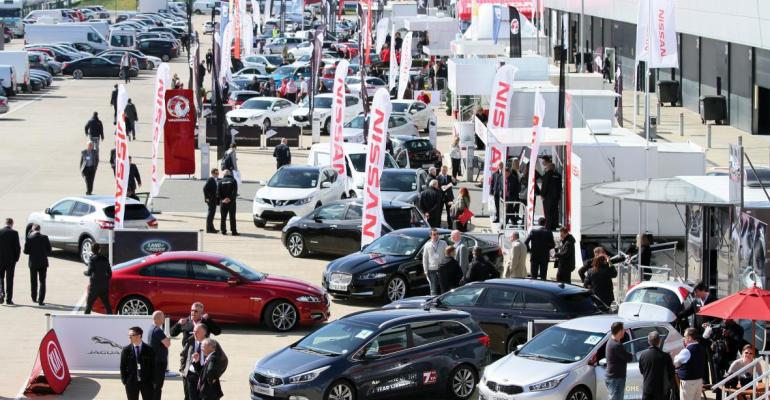U.K. commercial fleets are swapping out their vehicles almost two years quicker than the European average, according to a recent study.
It found the average time before a U.K. fleet vehicle is replaced is 3.9 years, while across 12 other European countries vehicles are changed every 5.7 years.
The finding comes from the 2018 edition of vehicle-leasing specialist Arval’s Corporate Vehicle Observatory Barometer research of 3,718 commercially operated fleets.
While there are slight variances in the U.K. among different fleet sizes, there is a marked difference in other European fleets. In the U.K., small fleets (1-9 vehicles) have an average replacement cycle of 3.9 years, medium fleets (10-49) 3.6 years and larger fleets (more than 50) 4.2 years.
Across Europe, smaller fleets have a cycle of 6.2 years, medium fleets 5.4 years and larger fleets replace at 4.8 years.
Shaun Sadlier, head of Arval’s Corporate Vehicle Observatory, says: “The main advantage of longer cycles, as seen elsewhere in Europe, is that the lease rentals are slightly cheaper, although not by too much, because older cars tend to need more maintenance and repair work and because of the shape of depreciation curves.”
Sadlier notes a perception in the U.K. that newer vehicles are worth slightly higher monthly rentals because of their increased reliability, more efficient running costs and improved safety technology.
“Of course, there is also an employee benefit angle,” he adds. “Newer cars are generally perceived to be more motivational to staff, and the four-year cycle that we generally use in the U.K. is also prompted by human-resources concerns around the recruitment and retention of talent.”





